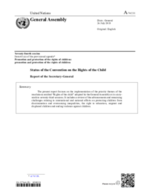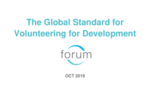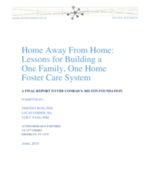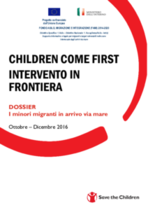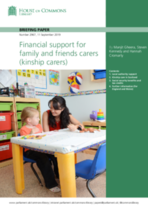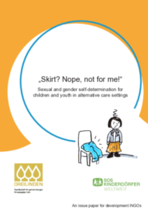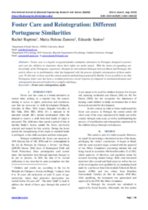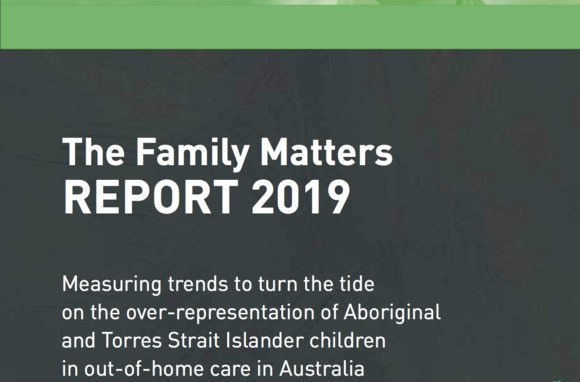Webinar Recording: More Than Our Stories - Strategies for how to meaningfully engage care leavers in care reform
This webinar - presented by the Kenya Society of Care Leavers (KESCA), the Uganda Care Leavers (UCL), The Better Care Network and Changing the Way We Care - offered policy makers, practitioners, advocates and careleavers a unique opportunity to listen and learn from two leaders of careleaver associations who highlighted two recent documents that illustrate the careleaver experience within and outside of care.

